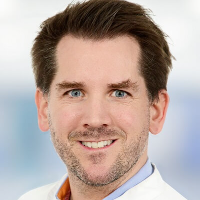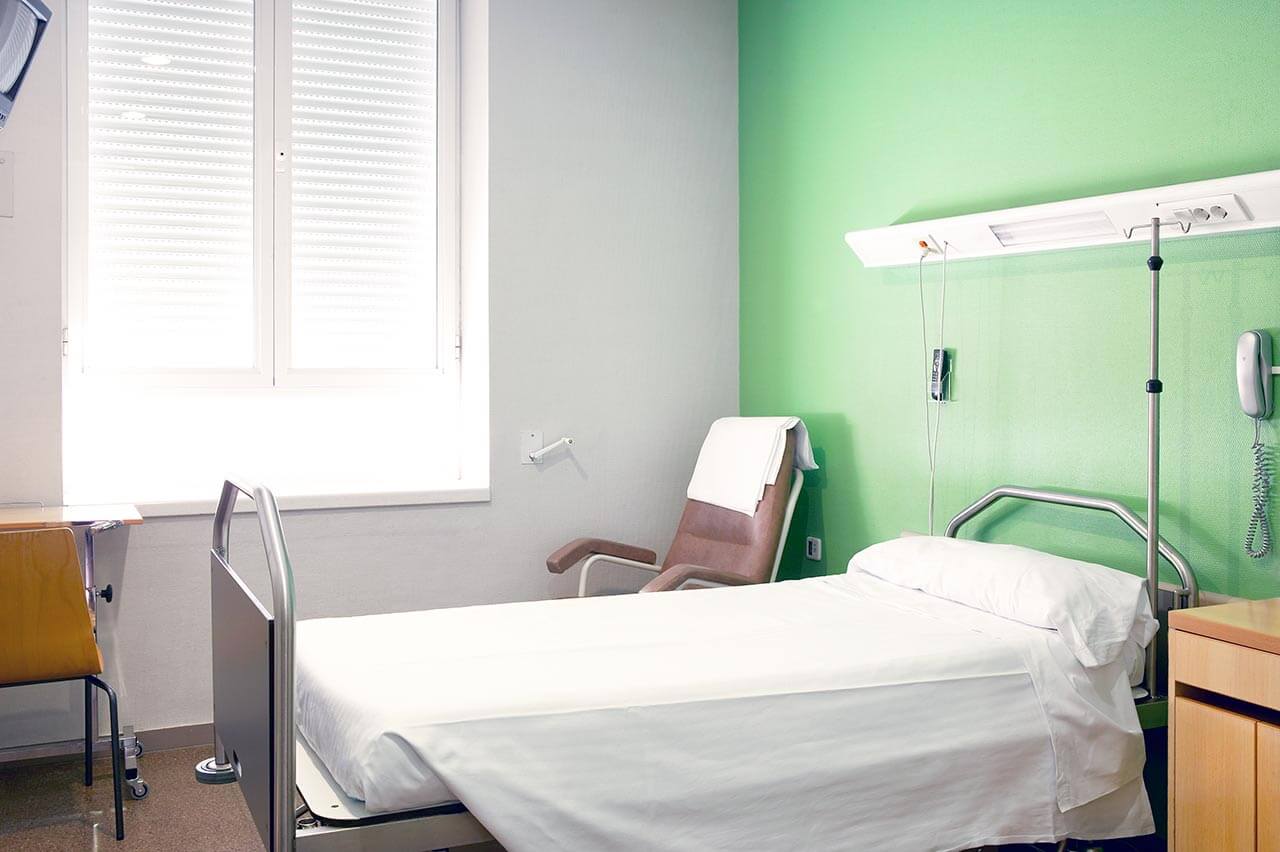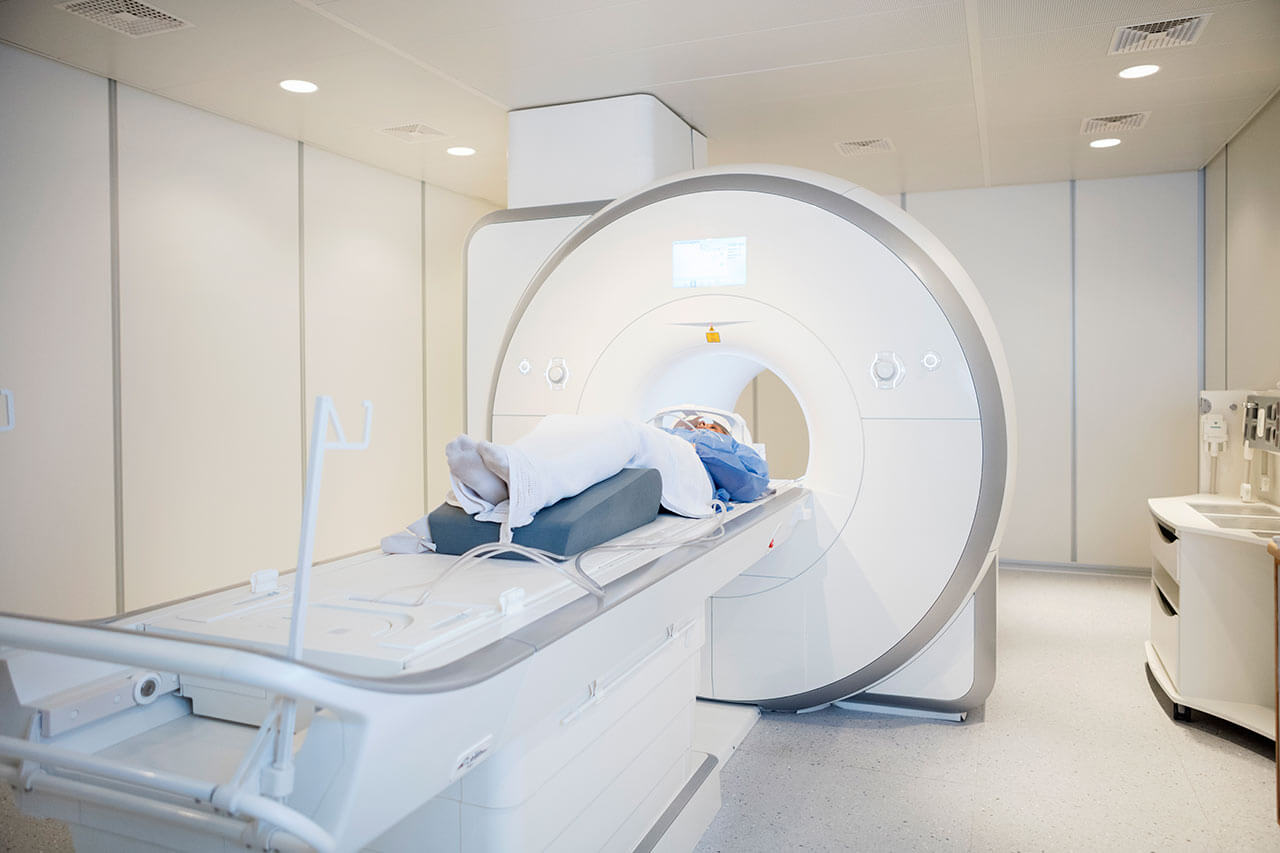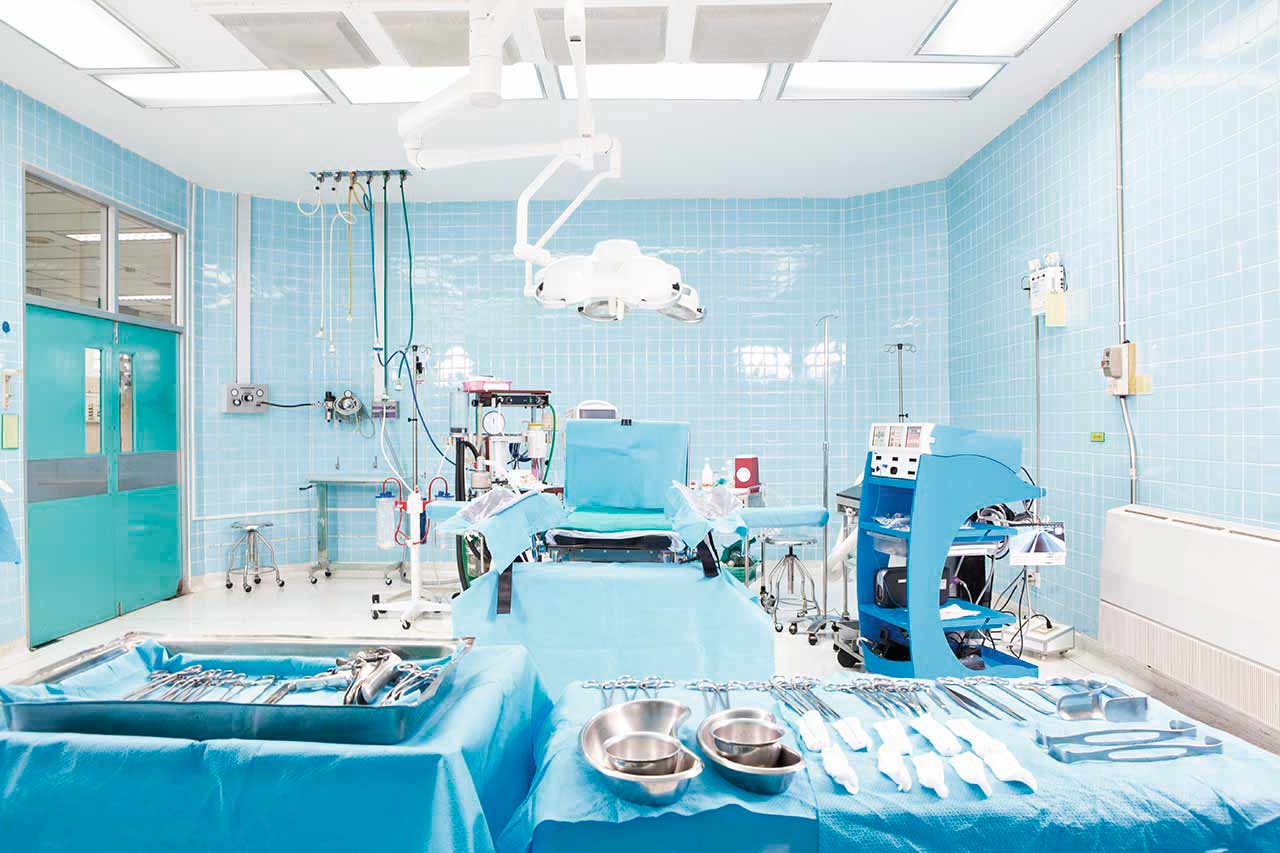
About the Department of Nuclear Medicine at University Hospital of Ludwig Maximilian University of Munich
The Department of Nuclear Medicine at the University Hospital of the Ludwig Maximilian University of Munich offers the full range of modern methods of radioisotope-based diagnostics and treatment. The department provides outpatient and inpatient medical care. In the field of diagnostics, special attention is paid to positron emission tomography (PET), including in combination with computed tomography (PET/CT), scintigraphy, single photon emission computed tomography (SPECT), and SPECT/CT. These examinations are most often performed for suspected cancers, neurological disorders, and heart disease. Radioisotope-based therapies can be used to treat benign and malignant thyroid diseases, benign joint lesions, prostate cancer, neuroendocrine tumors, primary and secondary liver tumors, and bone metastases. The department is the largest facility of this kind in Germany and is deservedly proud of its prestigious international ISO 9001:2015 certification. The Head Physician of the department is Prof. Dr. med. Matthias Brendel.
An integral part of the department's clinical practice is high-precision diagnostic procedures such as scintigraphy, PET, PET/CT, SPECT, and SPECT/CT scans. The above-mentioned tests are of particular value in diagnosing patients with suspected malignant diseases of various localizations, assessing the state of the sentinel lymph nodes, brain, and spinal cord, as well as assessing the condition of the heart vessels and diagnosing a heart attack. Modern radioisotopes allow doctors not only to see the anatomical structure of the organ but also to assess its function, blood flow, and metabolic processes. Nuclear diagnostic methods often make it possible to detect pathology at an early stage when a patient does not experience any symptoms, which is not always possible with the help of laboratory and hardware diagnostic methods.
Since August 2013, the department has had a new center for the production of radiopharmaceuticals. The center is equipped with a cyclotron, which allows for the production of radioactive drugs based on the GMP standard in compliance with the current requirements for radiation protection and prescribing medicines. Thanks to this, the department receives the necessary high-quality and safe substances for diagnostics and radiopharmaceuticals for customized therapy in a shorter time. The doctors can thus provide patients with top-class treatment.
The team of the department's doctors also has perfect professional skills and exceptional experience in providing treatment with radiopharmaceuticals. Radioiodine therapy for benign and malignant thyroid diseases, pain management for skeletal metastases, radiosynoviorthesis for joint lesions, Lu-177-DOTATATE therapy for neuroendocrine tumors, Lu-177-PSMA therapy for prostate cancer, and selective internal radiation therapy (SIRT). These treatment programs are often elaborated in collaboration with doctors from other medical specialties (oncologists, endocrinologists, gynecologists, surgeons, orthopedists), for example, at the Comprehensive Cancer Center (CCC) or the Breast Center.
There are 16 beds available to accommodate inpatients in the department. The wards in the medical facility are different from those that patients are used to seeing in conventional clinics, since it is important for doctors to meet strict radiation protection rules. The duration of a hospital stay for radionuclide therapy is usually about one week. At the same time, the mandatory stay in a special room with radiation protection systems is 2-3 days. The indisputable advantages of radionuclide therapy are its high efficiency, painlessness, and absence of side effects.
The department's range of medical services includes:
- Diagnostic options
- Scintigraphy
- Detection of the source of bleeding
- Scintigraphy to detect inflammatory processes
- Brain scintigraphy
- Testicular scintigraphy
- Bone marrow scintigraphy
- Liver scintigraphy
- Positron emission tomography (PET)
- PET/CT for suspected cancer
- PET for suspected neurological/neurooncological pathologies
- PET and PET/CT for other diagnostic tasks (for example, in cardiology, etc.)
- SPECT and SPECT/CT
- Scintigraphy
- Therapeutic options
- Radioiodine therapy for benign and malignant thyroid diseases
- Lu-177-PSMA-DKFZ-617 therapy for prostate cancer
- Xofigo® (Ra-223) therapy for bone metastases
- Peptide receptor radionuclide therapy for neuroendocrine tumors: Lu-177-DOTATATE therapy and 90Y-DOTATATE therapy
- Metaiodobenzylguanidine treatment (MIBG therapy) for pheochromocytomas and other tumors
- Selective internal radiation therapy (SIRT) for primary and metastatic liver tumors
- Radiosynoviorthesis (RSO) for pathological joint lesions
- Other diagnostic and treatment methods
Curriculum vitae
Higher Education and Professional Career
- Since January 2024 Head Physician, Department of Nuclear Medicine, University Hospital of Ludwig Maximilian University of Munich.
- Since April 2023 W2 Professor for Translational Molecular Imaging and Senior Physician at the Department of Nuclear Medicine, University Hospital of Ludwig Maximilian University of Munich.
- 2018 - 2023 Acting Head Physician, Department of Nuclear Medicine, University Hospital of Ludwig Maximilian University of Munich.
- Medical studies, Ludwig Maximilian University of Munich.
Photo of the doctor: (c) LMU Klinikum





